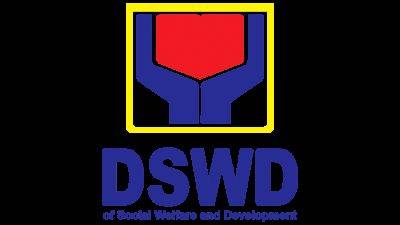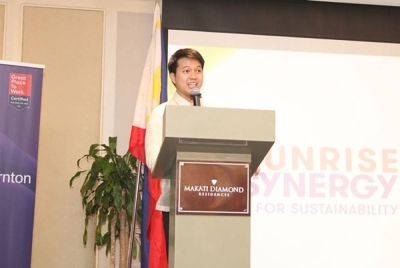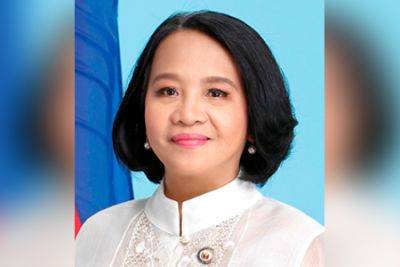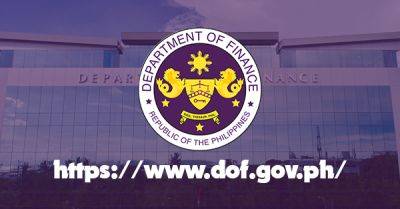Embracing sustainability with rice-duck integrated farming
In many cuisines across the globe, ducks are highly known for their tender and flavorful meat. Their eggs can become delicacies like balut, a popular street food in the Philippines.
Yet there’s more to ducks than producing eggs and meat. To some farmers, having ducks around allows them to be more sustainable in their farm operations through the rice-duck integrated farming model.
The rice-duck farming system also enables farmers to cut their expenses from commercial rice inputs, like spray chemicals, pesticides, or herbicides. The ducks serve as natural de-weeders because they munch on wild grass and help keep pests, like snails, at bay.
As a result, many farmers following the method can harvest naturally-grown rice while playing their part in environmental preservation–a win-win for all.
Rice is a staple food in the Philippines, among other countries. It sustains half of the world’s population, which explains why it’s always in demand. The duck-rice integrated farming system is only one of the many agricultural approaches that have existed for over 1,000 years. Although it might still sound rare to some farmers and stakeholders, many others have already begun implementing the practice on their farms.
Yet before the system can become effective, farmers must acclimatize the ducks to their surroundings. There has to be a group of ducklings ready when the rice is planted, but they can only be released after a week.
Acclimatizing the ducks will give them a higher resistance against common illnesses they can pick up from their surroundings.
Besides preparing the ducks, farmers should also create a safe environment where the ducks can forage. Installing nets around the rice fields can keep ducks from getting out while keeping predators and larger animals from entering the premises.
However, farmers may encounter some challenges in the rice-duck integrated farming system. One challenge is that ducks can damage rice seedlings if unmanaged properly. Another challenge is that ducks can carry diseases that can infect rice crops.
Fortunately, these challenges can be mitigated by following good management practices. For example, farmers can vaccinate ducks against diseases







